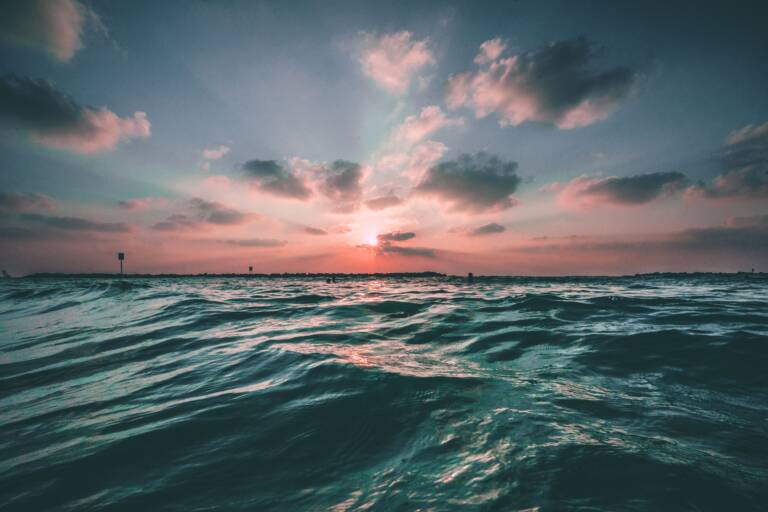Team of scientists splits hydrogen from oxygen directly from raw seawater

Professor Shizhang Qiao and Associate Professor Yao Zheng from the University of Adelaide's School of Chemical Engineering led an international team that successfully split seawater without pre-treatment to produce green hydrogen.
Professor Qiao said, “We have split natural seawater into oxygen and hydrogen with nearly 100% efficiency, to produce green hydrogen via electrolysis, using a non-precious and cheap catalyst in a commercial electrolyser.” They in fact used cobalt as a catalyst. The team published the research in the journal Nature Energy.
A typical non-precious catalyst is cobalt oxide with chromium oxide on the surface.
Associate Professor Zheng explained, “We used seawater as raw material without the need for any pre-treatment processes, such as reverse osmosis desulfurization, purification or alkalization. The performance of a commercial electrolyser with our seawater catalysts approaches that of platinum/iridium catalysts in highly purified deionized water.”
Professor Zheng added, “Current electrolysers work with a highly purified water electrolyte. The increase in the demand for hydrogen to partially or totally replace the energy generated by fossil fuels will significantly increase the scarcity of fresh water resources, which are increasingly limited”.
Seawater electrolysis is still in an early stage of development compared to pure water electrolysis, due to electrode side reactions and corrosion due to the complexity of using seawater.
“It is always necessary to treat impure water to achieve a level of water purity for conventional electrolysers, including desalination and deionization, which increases the cost of operating and maintaining the processes,” Zheng noted. “Our work provides a solution to directly use seawater without pretreatment systems and alkali addition, which shows performance similar to that of current mature metal-based pure water electrolysers.” This results in greater economics from the electrolysis process as a whole.
The team will work to scale up the system using a larger electrolyser so that it can be used in commercial processes such as hydrogen generation for fuel cells and ammonia synthesis.
If this work were to be replicated with similar success, it would be a breakthrough. Expensive precious metals are not involved, but cobalt which, although not precious, is not particularly abundant and has an extraction that often leads to the exploitation of child labor. If this research were to be confirmed, the demand for cobalt would skyrocket and become much more expensive. Cobalt is there, but it's only buried under the barriers of the "not in my backyard" lawyer and green environmental groups, who heavily block the policy.
The second issue is that there is no mention of the energy source. While the energy input is definitely electrical and the claimed efficiency is close to 100%, the calculation of input versus product is not shown or discussed.
.

Thanks to our Telegram channel you can stay updated on the publication of new articles from Economic Scenarios.
The article Team of scientists splits hydrogen from oxygen directly from raw seawater comes from Scenari Economics .
This is a machine translation of a post published on Scenari Economici at the URL https://scenarieconomici.it/team-di-scienziati-scinde-lidrogeno-dallossigeno-direttamente-dallacqua-di-mare-non-purificata/ on Sun, 12 Feb 2023 20:36:37 +0000.
